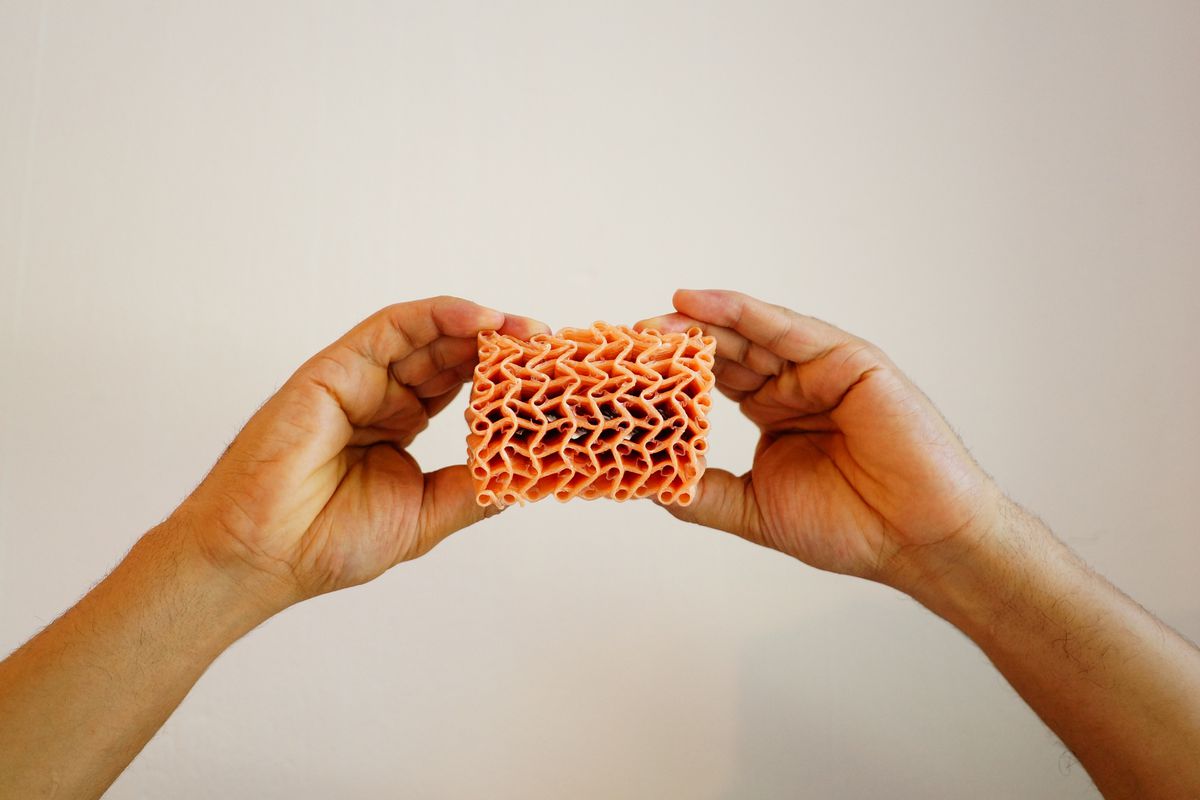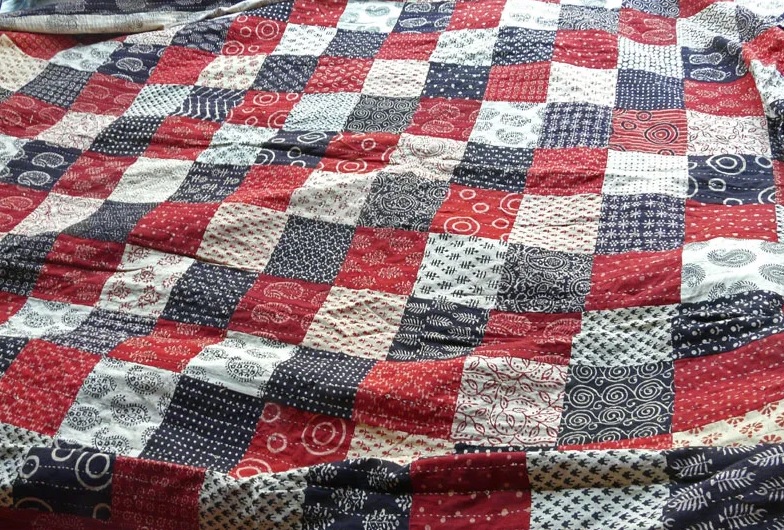Lindstrom India, a key player in textile rental services and a subsidiary of Lindström Oy, Finland, takes a significant stride towards sustainability with its latest initiative. The company announces the incorporation of recycled polyester from PET bottles into its workwear garments collection, aligning firmly with Lindstrom's dedication to science-based climate targets and environmental stewardship.
This innovative process involves sorting and cleaning PET bottles, followed by mechanical shredding into small flakes, and subsequent melting and purification to create fibers. These fibers, combined with 35 per cent cotton, yield a versatile fabric merging cotton's comfort with polyester's durability.
Anisha Mukherjee, Head of Procurement & Sustainability at Lindstrom India, underscores the environmental advantages of this 65 per cent recycled polyester 35 per cent cotton blend. By utilizing recycled polyester sourced from post-consumer plastic bottles, the production process effectively diverts plastic waste from landfills, conserving resources and reducing the need for virgin polyester production notorious for its high energy consumption and greenhouse gas emissions.
This sustainable fabric finds applications across various textiles, from clothing to upholstery, significantly reducing the demand for new raw materials and lessening the environmental impact associated with traditional polyester production. Estimates from the Textile Exchange suggest that recycled polyester materials could potentially emit 30 per cent less carbon dioxide compared to virgin polyester, requiring 45 per cent less energy and 20 per cent less water.
Jayant Roy, Managing Director of Lindstrom India, emphasizes the blend's benefits, highlighting its softness, breathability, resilience, and longevity. This durability not only reduces the need for replacement products but also fosters a more sustainable approach to workwear, minimizing overall textile waste.
Moreover, recycling polyester consumes substantially less energy than producing virgin polyester, while blending it with cotton further mitigates the water footprint. This eco-conscious blend not only addresses concerns regarding resource depletion and pollution but also offers a high-quality fabric meeting the demands of conscientious consumers.
Roy notes a positive response from a prominent customer in South India since introducing recycled polyester in workwear. Lindstrom Oy joins the ranks of over 4500 companies with approved science-based climate targets and 2897 companies globally committed to net-zero targets, signifying a growing momentum towards sustainability across industries.












